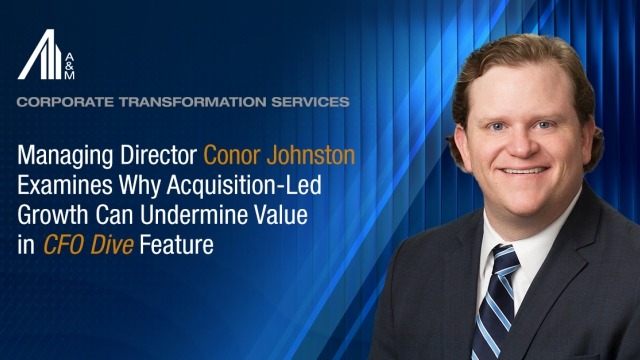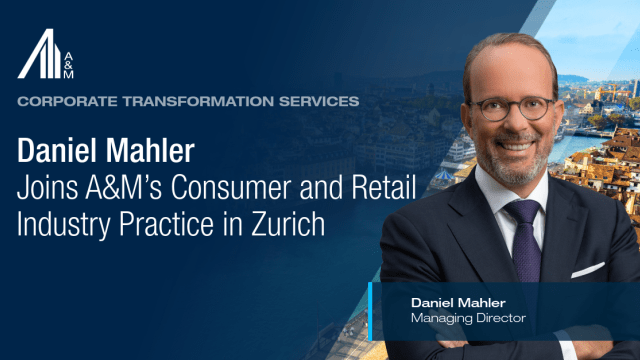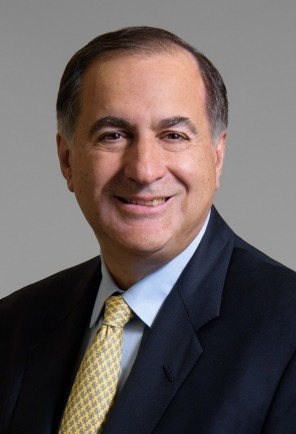Activists Seek Operational Change – in an Uncertain 2020
At the start of 2020, uncertainty in virtually every industry is dampening investors’ appetite for risk. In the last ten years, the rising tide of the market has lifted all boats, but if tensions continue to rise on the geo-political front or taxes were to be overhauled (especially capital gains) under a new U.S. President, these major issues will encourage investors to hold cash. While market risk continues to rise, so do valuations – to near record levels. These conditions are impacting both public and private investors. “We’re in unchartered territory here,” says Nate Dwyer, Managing Director in Alvarez & Marsal’s San Francisco office. “When investors again put significant money to work, they will need an even higher degree of certainty of return than years past.”
Record High Valuations Impact Activists and Private Equity
“There’s a symbiotic relationship between activist investors and private equity,” says Mr. Dwyer. “Valuations are reaching historic highs and the competition happening at and between private equity funds, is unheard of.” All of the money that has left the market to go into private equity needs to be put to work. The private equity process was much easier when valuations were depressed. If private equity begins to struggle to generate returns, we may actually see some of that money come back into the public markets, which again, would push valuations up. I truly don’t know how this will unfold, according to Mr. Dwyer.
“Risk was coming off the table towards the end of 2019 and we’ll continue to see this play out,” says Mr. Dwyer. As private and public investors become more cautious in their investments, they are turning their focus on their ability to identify and affect operational changes within potential target portfolio companies.
Activist Investors Focus on Operational Change
In more uncertain markets, activists cannot rely on financial engineering such as, companies buying back shares at a certain level to produce returns. Pushing for the right operational changes that will improve cash flow will become increasingly important. What every activist is seeking, is a return on investment through an increase in the share price. The most effective way for companies to achieve this, is by dramatically turning around their performance through enduring operational improvements.
“The days of good old financial engineering are continuing to come to a close,” says Mr. Dwyer. “2019 was more operationally driven than any other year of record. I already see activists becoming more sophisticated this year, especially with the operational aspect of a target – they’re looking for a very high degree of certainty that their money will be returned, and then some.”
Activist fund managers take on a tremendous amount of risk when going after a target company. They must make many calculated assumptions and predictions such as: Will management pay attention? Will this campaign go all the way to a proxy fight? Where is the overall market going? What is the timeline to gaining some aspect of control? Where is the stock heading in the immediate term? When can capital be put to work?
As a result, they are becoming more circumspect when choosing target companies. We are seeing activists do significantly more diligence, especially on the operational side of a target company. The extra time and preparation before making an investment will make activists more determined to see their campaigns through, says Mr. Dwyer. That means engaging with activists will likely be a more fruitful route for CEOs and board members than ignoring the issue and hoping it goes away.
New Players in the Activist Ecosystem
As the private and public markets are priced for perfection, the need for management teams to execute and communicate flawlessly is imperative. Companies whose performance has struggled, repeatedly missing guidance and lacking clear communication with the street, generally see their shares underperform. They are rolling out the red carpet for activists.
The days of activist-targeted companies simply hiring a bank to defend them are coming to a close as well. Companies are becoming smarter and realizing they will need to aggressively defend operations when being criticized publicly over every facet of the business. If an activist has a better, more vetted and concise operational plan than an issuer does, they’re in trouble. Historically, companies approached by activist investors, have hired investment banks and lawyers to advise on their defense. However, an increased focus on operational efficiencies, rather than a sale of the company or disposal of divisions, means that companies may need external partners to help develop and execute their transformation program.
“We work with clients to improve the operations of the company in a holistic way that makes the business sustainable for the future, and which should, in turn, lead to a rise in the share price,” says Mr. Dwyer. “Less appetite for risk is going to result in more determined activist campaigns. In those cases, we work with clients to not only affect change through operational transformation, but we also assist in mediating the relationship with the Street and achieve the best outcome for the company and its shareholders.”
In the face of this year’s market uncertainty, record high valuations and the likely determined approach from activist investors, CEO’s and boards will want to find themselves leaning in to transformation and assembling the right team to deliver it.
Click here for a PDF of the newsletter >
Stay informed about the key issues driving companies to seek meaningful, lasting change in From the Inside Out, our corporate transformation newsletter.





